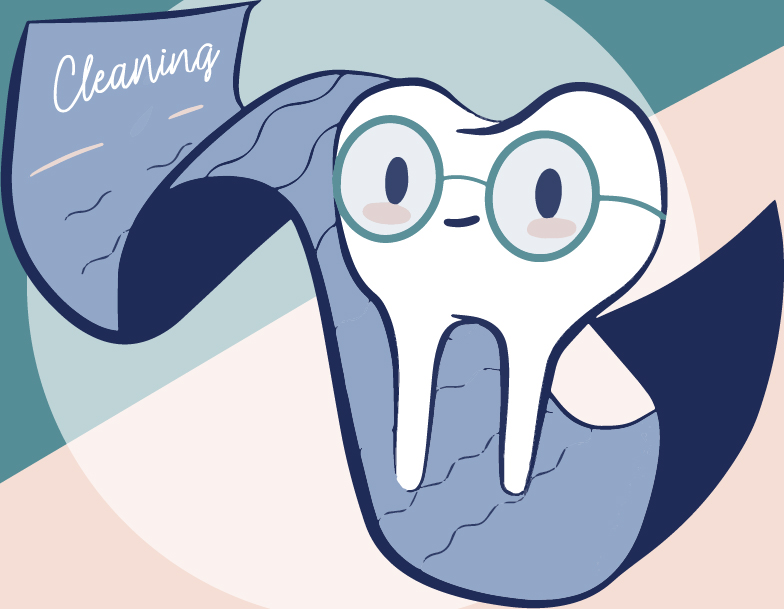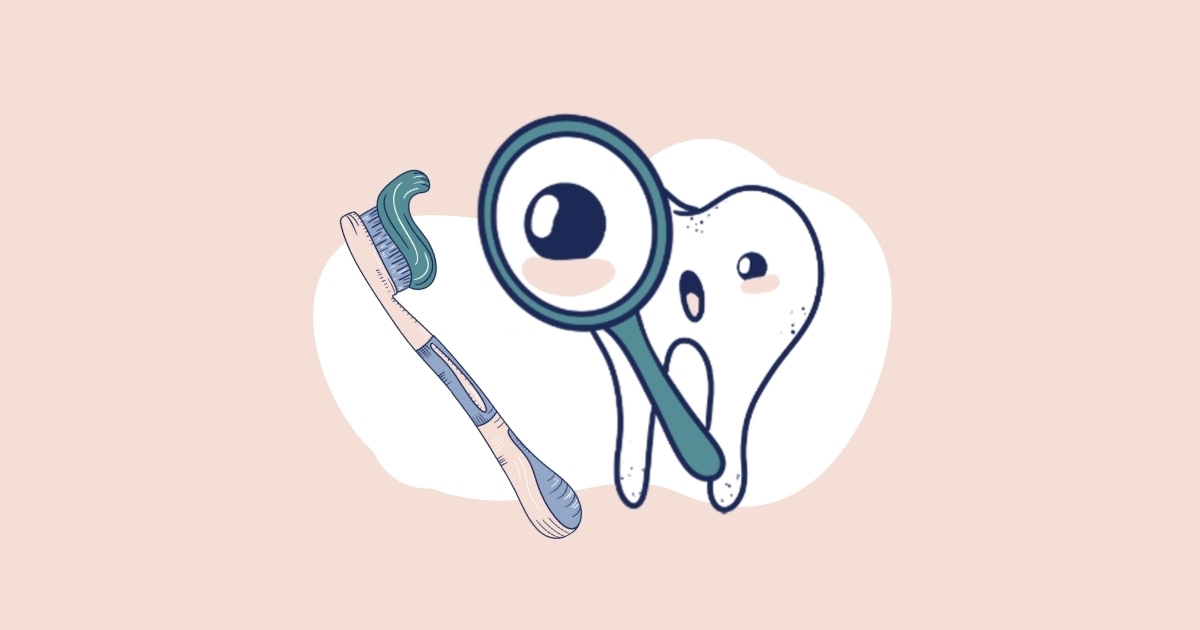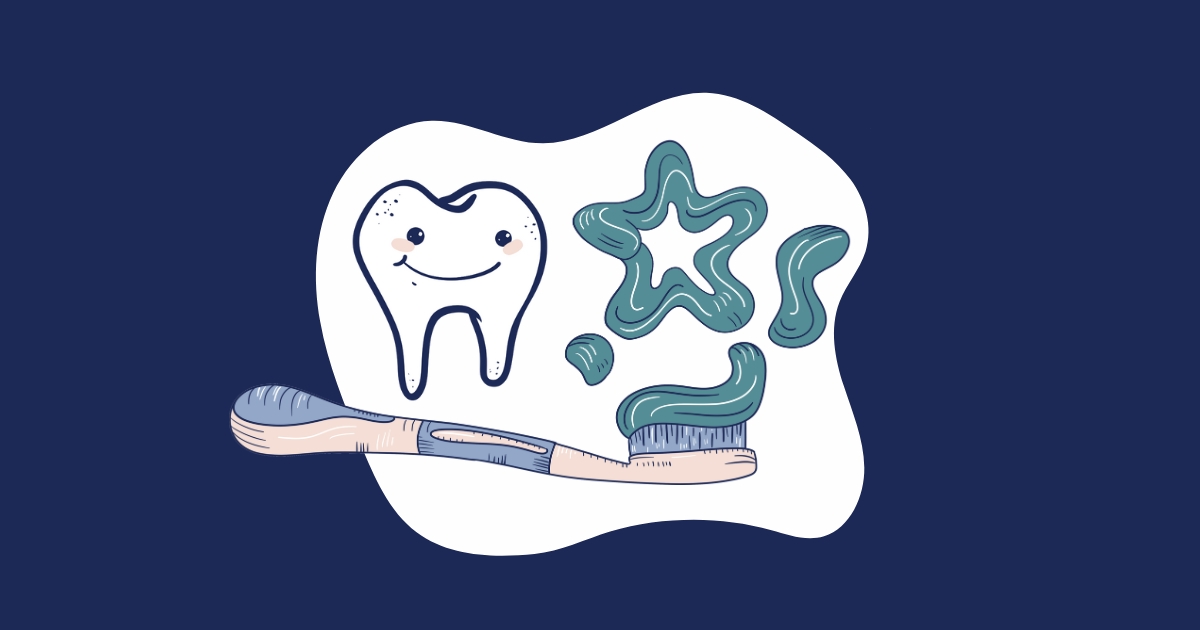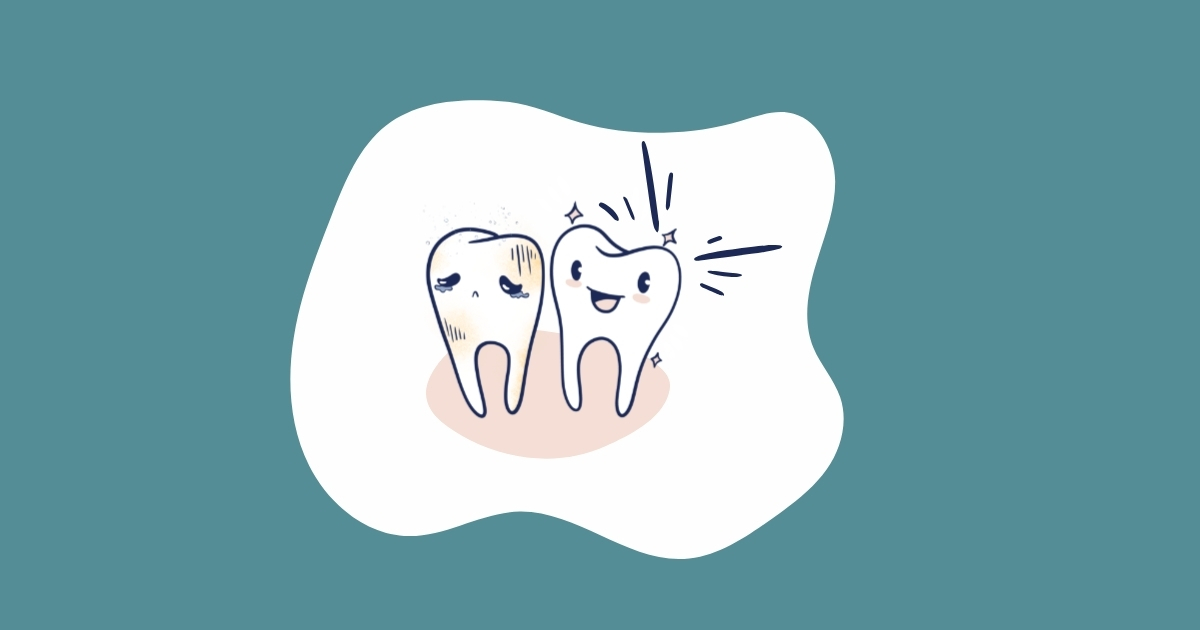Catching dental problems early can save you time, money, and even pain. Each dental cleaning is an opportunity for your dentist to look for any issues with your teeth and gums.
You may not know that there are two types of professional dental cleaning. Routine cleaning is a standard, more frequent procedure. Deep cleaning cleans below the gum line and requires special techniques.
So how do you know which one to get, and when? Let’s take a closer look at these procedures.
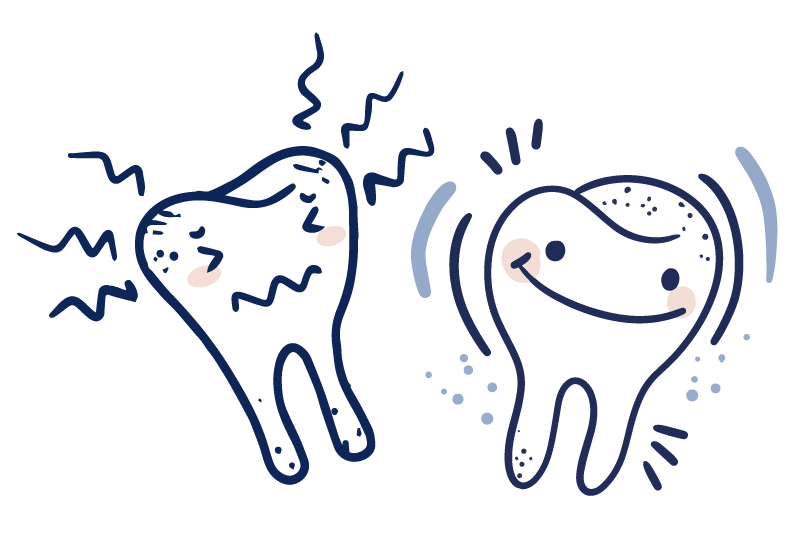
Routine Dental Cleaning
A dental cleaning is part of the appointment your dentist or dental hygienist encourages you to make every six months. A routine dental cleaning takes anywhere from 30 minutes to one hour. That’s a small amount of time to invest into the future health of your teeth and gums!
Your dental cleaning will begin with a simple, painless exam of your teeth using a mirror and other small tools to look for potential issues. These issues include gingivitis (a mild form of periodontal disease), cavities, and plaque and tartar buildup. If you’re due for x-rays, your hygienist will take those to get a better overall view of your oral health. This is a crucial part of your dental care.
Next, your hygienist will begin to remove plaque and tartar from your gum line and in between your teeth. Though you may not enjoy that scraping noise, it’s a completely normal and vital step. Then, your hygienist will then use a special, gritty toothpaste and powered toothbrush that helps remove stains—and it leaves your teeth feeling smooth and looking shiny.
Additionally, your hygienist will floss your teeth and point out any areas that may need more attention when you floss at home. Finally, your hygienist might provide a fluoride treatment if needed. Your dentist then will perform a final exam, looking for issues including gum disease, tooth grinding, and more. This is an excellent time to ask questions about your dental health.
After you finish a routine cleaning, it’s important to schedule your next appointment for about six months in the future. Keeping up with a routine cleaning will help ensure a healthy, confident smile.
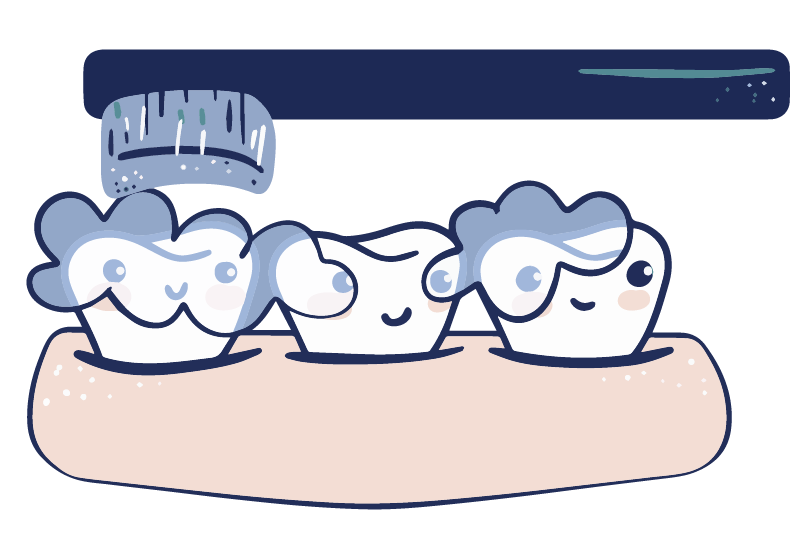
Deep Dental Cleaning
A deep dental cleaning is an important, non-surgical way to fight forms of gum disease, like gingivitis. It is important to treat gingivitis before it advances to periodontitis.
Deep cleaning removes built-up plaque and tartar while improving the overall health of your gums. Built-up plaque hardens into tartar over time, and it can cause many major issues if left untreated.
Unlike a traditional cleaning, a dental deep cleaning involves cleaning down to the roots between the teeth and gums. During this cleaning, your teeth will still be cleaned as they would in a traditional cleaning. However, this time the dentist or hygienist will also clean below the gumline to reach the tartar and other trapped build up.
Gum disease causes the pocket between the teeth and gums to open wider, which allows even more plaque and tartar to become stuck there.
A deep cleaning is usually recommended if your teeth and roots have separated 5 or more millimeters from your gums. The majority of patients can expect the gums to reattach to their teeth after this procedure. However, this is not always guaranteed.
Typically, a local anesthetic is used during the cleaning. While a regular cleaning is finished in one visit, a deep cleaning usually takes 2 visits. Sometimes, it may require a follow up visit a few weeks later.
Staying on top of your regular dental appointments is just as important as daily brushing and flossing. This helps to catch issues early so treatment can be provided. Whether you need x-rays, a routine cleaning, a deep cleaning, or other dental work, our dental professionals are happy to welcome new and existing patients into our office at Bass Dentistry.
Healthy Gums,
Healthy Life
If dental health is important to you and your family, take steps to know how to keep your gums healthy. Gum health is essential to maintaining healthy teeth and overall good dental hygiene. Brush and floss multiple times per day, avoid tobacco products, and use a therapeutic mouthwash.
If you want to know more about maintaining a healthy smile, book an appointment today with Bass Dentistry.

